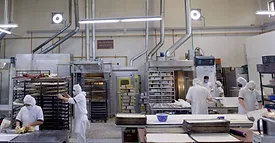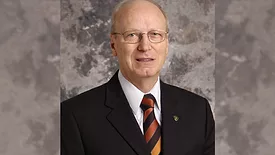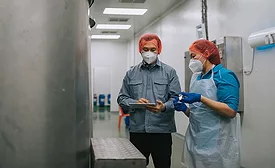Home » Keywords: » HACCP
Items Tagged with 'HACCP'
ARTICLES
High-performing organizations go beyond compliance to ensure continuous skill development and a leadership-driven food safety culture
Read More
Sponsored Content
Hygienic Electrical Solutions Assure Food Safety, Compliance, and Uptime
Expert insights on preventing contamination and equipment failures through purpose-built electrical systems designed for harsh food processing environments
August 6, 2025
Facilities Focus: Manage Your Physical Plant as a Prerequisite
Failure to properly manage and maintain your physical plant can result in foodborne illness, recalls, and even plant closures
December 11, 2024
Never miss the latest news and trends driving the food safety industry
Newsletters | Website | eMagazine
JOIN TODAY!Copyright ©2026. All Rights Reserved BNP Media.
Design, CMS, Hosting & Web Development :: ePublishing













